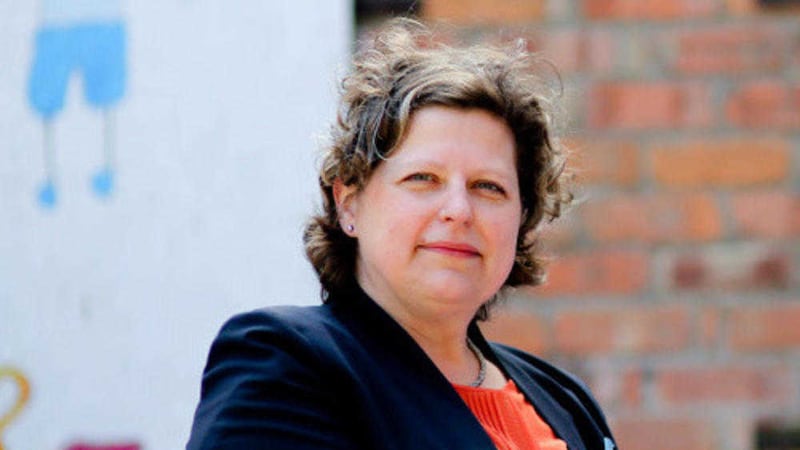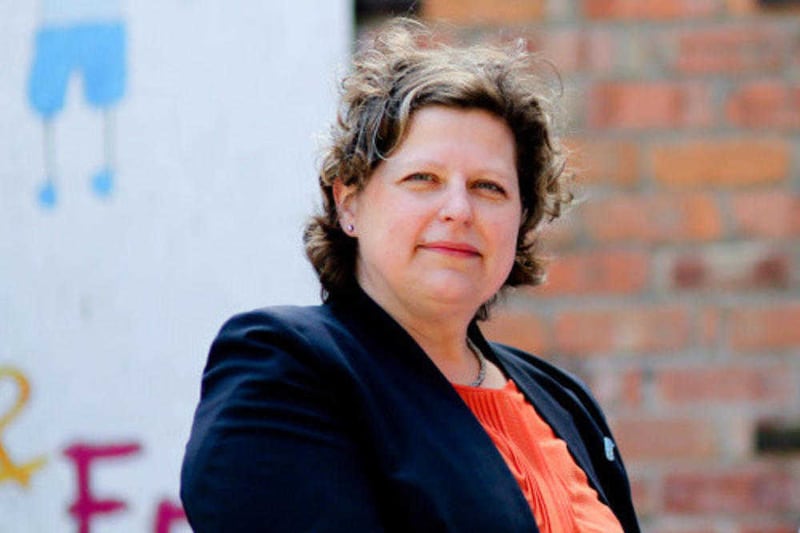THE Northern Ireland executive has been accused of paying "lip service" to supporting the co-operative movement and in so doing risking a more sustainable economy and job stimulation.
That was the view of representatives of co-operatives, credit unions and social enterprises who took part in the annual general meeting of Co-operative Alternatives, the organisation set up to promote the movement in Northern Ireland.
It has helps organisations fund services and create jobs by issuing community shares to the public.
But the group argued more could be achieved at Stormont to unlock the potential of this alternative source of working and creating income.
Tiziana O'Hara of Co-operative Alternatives said: "The Draft Programme for Government talks about collaboration between sectors and inclusivity but there has been scant recognition from our political leaders of how support for local co-operatives could lead to a healthier, happier and more sustainable society, contributing to jobs and long term wellbeing."
Among successful co-operatives is the Raglan Project in the Harryville area of Ballymena. It aims to redevelop the Raglan building which houses the Slemish n tha Braid Credit Union, to create a vibrant community and business hub with 10 units.
The project, assisted by the Community Shares Ready programme supported by the Building Change Trust, will provide rental opportunities for both new and incubating business as well as rental accommodation for community activities.
William Millar from the project said: "We need political buy-in. A lot of talk comes out of Stormont about collaboration with grassroots organisations but not a lot of action. Members of the public are much more supportive of what we are trying to achieve."
Peter Doran from Queen's University, Belfast's School of Law, and guest speaker at the AGM, said his organisation and the Carnegie Trust in Scotland had been doing research into wellbeing, working with representatives of the main political parties, senior civil servants and the management of NGOs.
"There is a critique of growth, GDP and the monoculture that has captured our notion of what the economy is about and our vision of society and how we see ourselves as citizens. There has been a profound shift in the narrative of governance and the participation of citizens and civic society. We are keen to talk about what collaboration means and the problems that confront the economy and society," he said.

